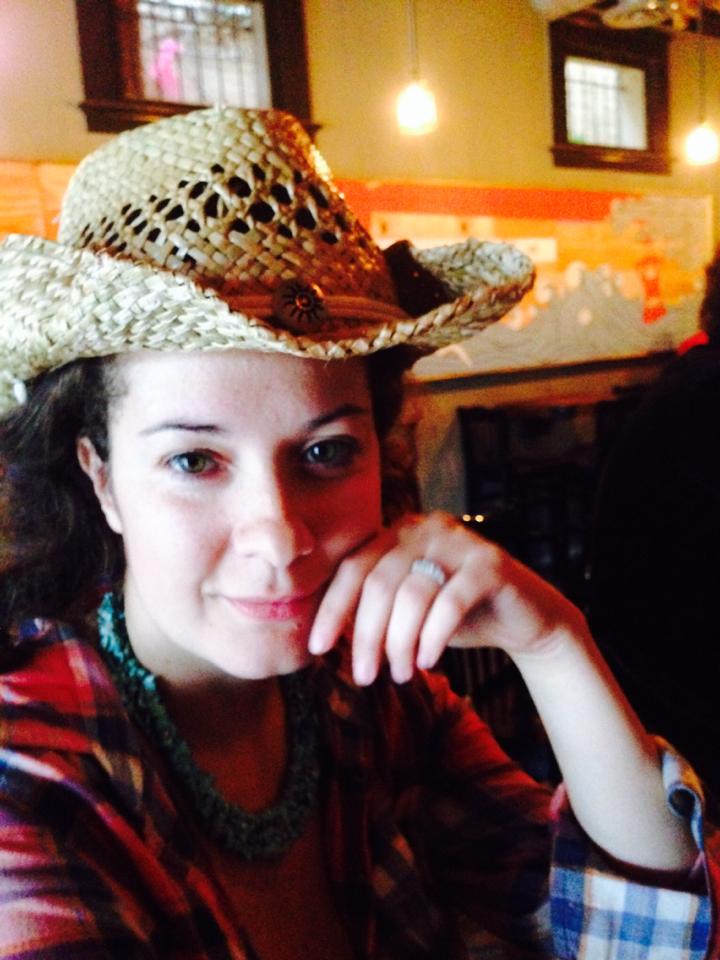I am whitish — a white-looking mixed person, specifically of Irish and Haitian descent, the Irish being more obvious than the Haitian. Black experiences aren’t my experiences. I am not denied job interviews because people see a typical sounding African American name and make false assumptions about my competency and intelligence. If a retail clerk approaches me, I don’t worry that it’s because they assume I’m shoplifting. If I’m stopped by the police, I assume it’s because of my speed and not because of the color of my skin.
In short, I pass.
I am a mixed person with white skin and white privilege. My white privilege gives me a lot, but being mixed shows me the world. It showed me that my mom and dad get treated differently at the same store, or that nobody believes that my cousins and I are related or that I’ll always have to answer the “what are you?” question, always accompanied by an uncomfortably quizzical look. It showed me that when we talk about experiences, we are almost always talking about The White Experience. POC pain is met with an insurmountable amount of skepticism by white people. Video after video of police brutality has been leaked and #bluelivesmatter remains as strong a rallying cry as ever.
I used to wonder if I would be as aware of racism if I were born to a strictly white family, but after a lot of painfully awkward conversations about race I no longer believe that. I believe if you want to learn about race you can start by asking yourself intelligent questions and putting yourself in uncomfortable situations. Next time a fellow human says that something is racially offensive to them, ask yourself why you get to decide what is hurtful to someone? Ask yourself why your opinion about their experience is more valid than their opinion about their experience?” Ask yourself why it’s easier to label someone as the “PC police” or a “social justice warrior (and for the record, I wear that badge with pride)” than it is to own your words and the mistakes you make with them? We’ve all said the wrong thing at the wrong time to someone before and someone has said the wrong thing to us at the wrong time before. It shouldn’t be so unfathomable to us that the same thing happens in racial discussions…a lot. Until we become as invested in fighting racism as we are defending it, we will remain a country bitterly divided.
Understanding America’s racial issues begin with compassion. A person shouldn’t need to be the same color or have the same experiences as you to be respected. Practice listening to the experience of women, LGBTQIA people and POC without defending, dismissing, distancing or denying their experiences. Read books that aren’t just written by white men. Elevate female and nonwhite voices by sharing and thoughtfully discuss an article on social media.
White people, it starts with us–it can be anything from gently challenging your friends’ prejudicial ideas to vehemently calling them out on their racist bullshit. I can’t tell you how many times I’ve had white people assume it was “safe” to start talkin’ racial smack only to be shut down by yours truly. It’s not just because racism is a family issue for me, but because I don’t want to let that shit slide anymore. I don’t want to create a safe space for your racism. All of us need to be challenged and take responsibility for our words, you know, like adults.
I want us to start having better collective conversations about so many things, especially race.
I want us to start with compassion.
_____________________________________________________________________________________________________
 Alexandra Shiels is a native New Yorker currently living in Austin, TX. By day, she works as a financial services marketer, by night she is a freelance writer, taking on such topics as race, feminism, immigration, and mental health awareness. Alex hopes to dispel some myths about being biracial and start uncomfortable conversations about race.
Alexandra Shiels is a native New Yorker currently living in Austin, TX. By day, she works as a financial services marketer, by night she is a freelance writer, taking on such topics as race, feminism, immigration, and mental health awareness. Alex hopes to dispel some myths about being biracial and start uncomfortable conversations about race.
